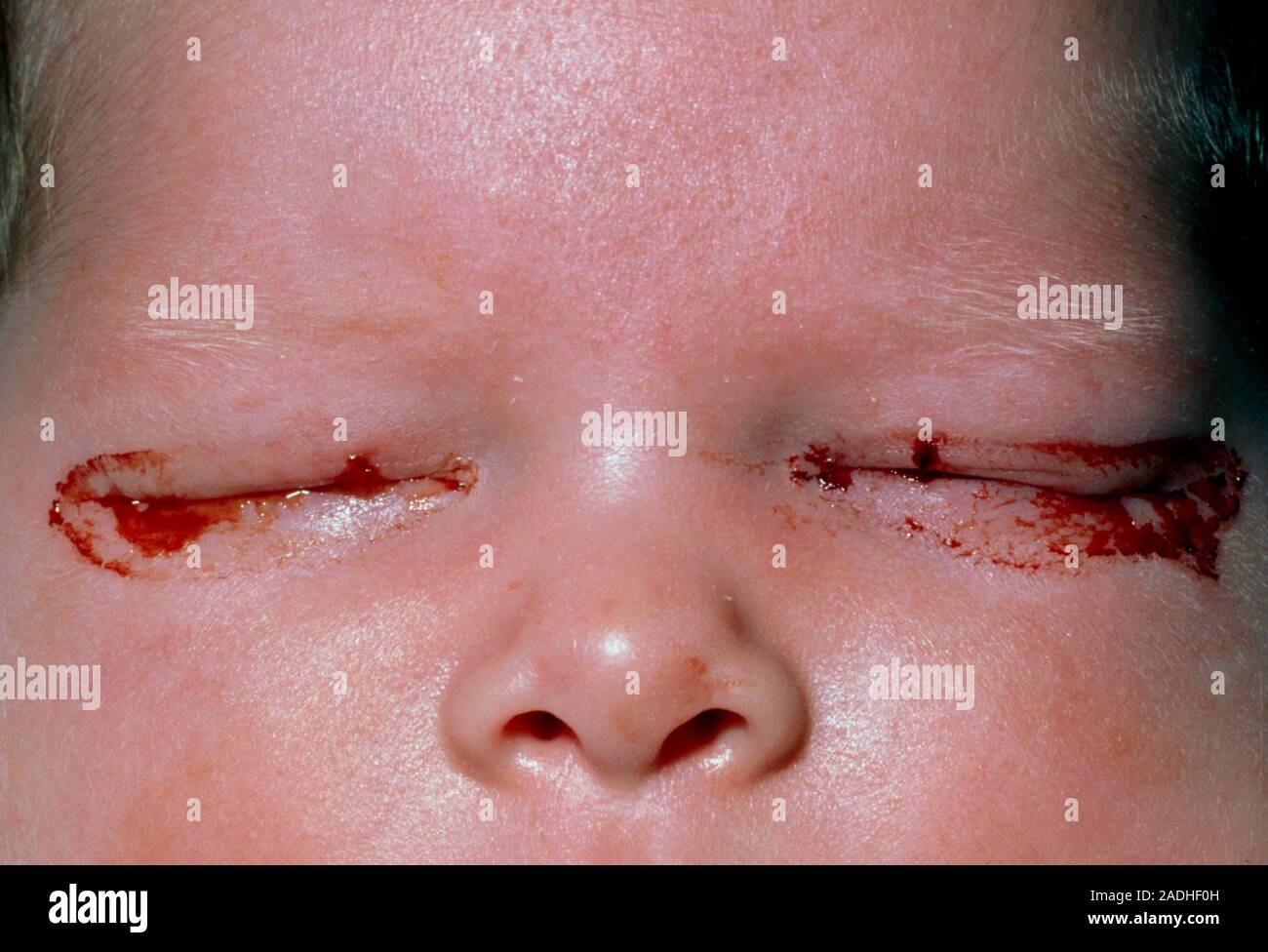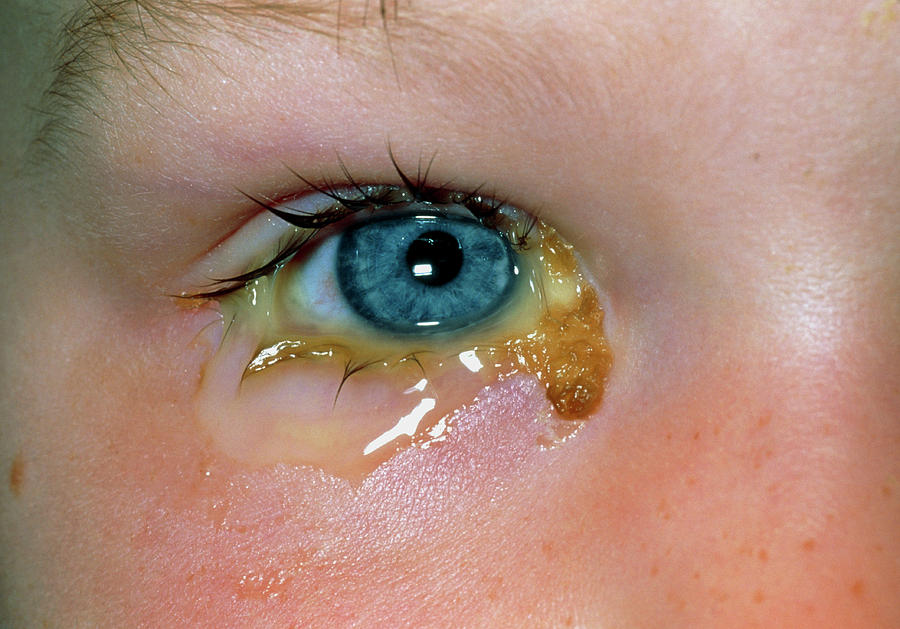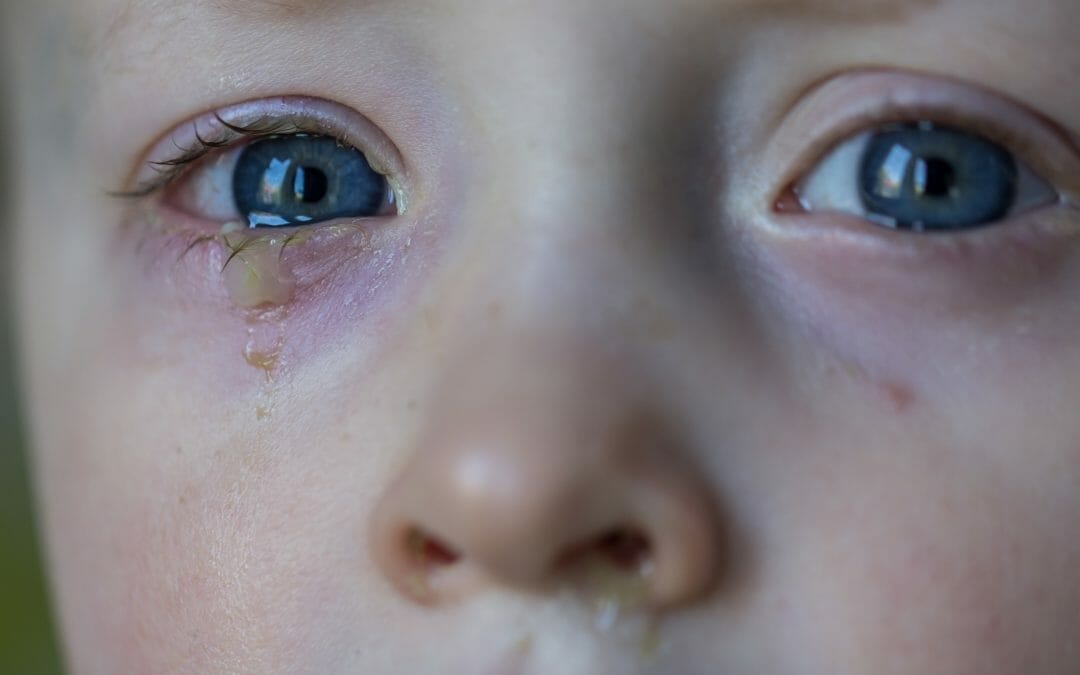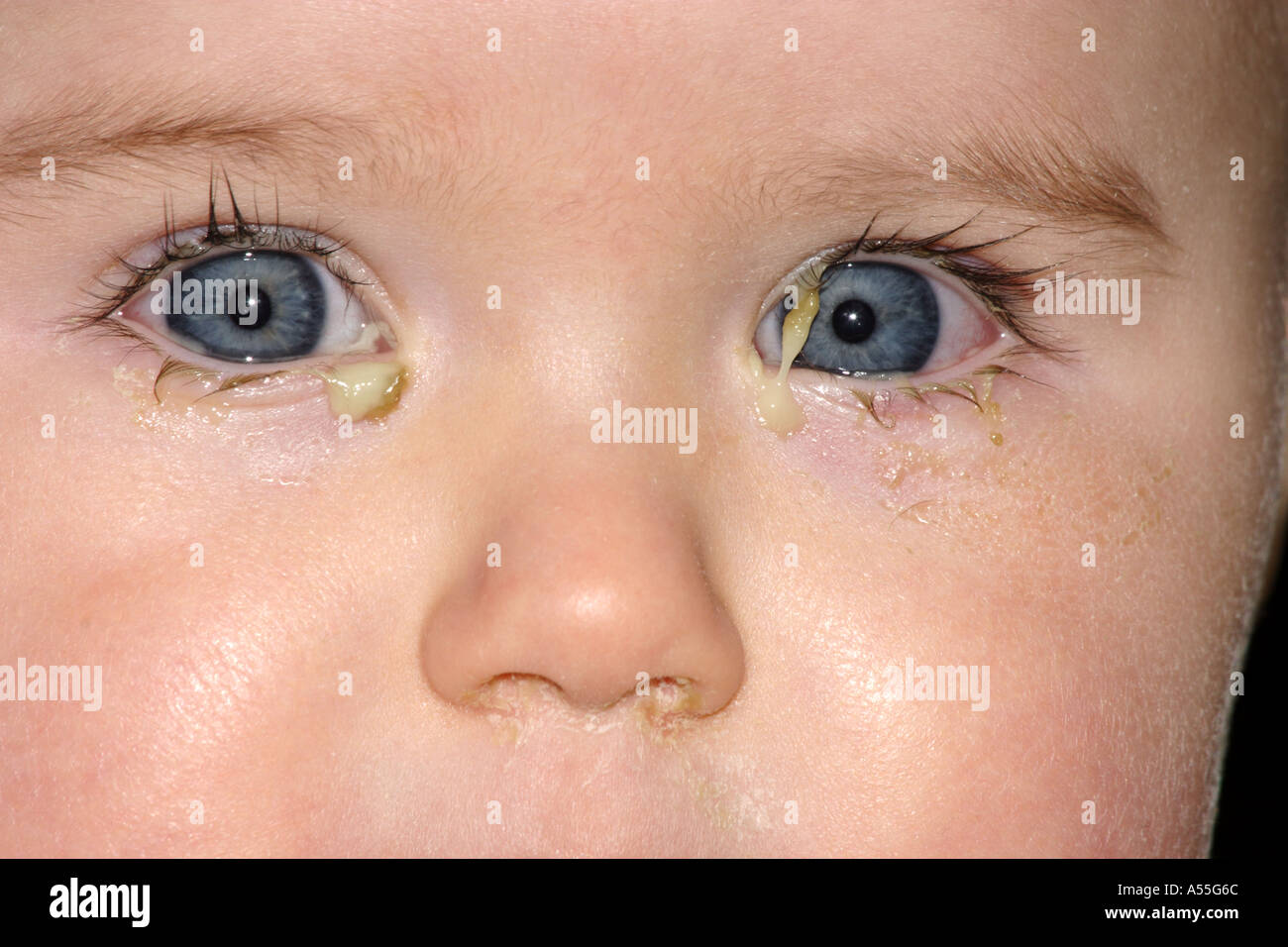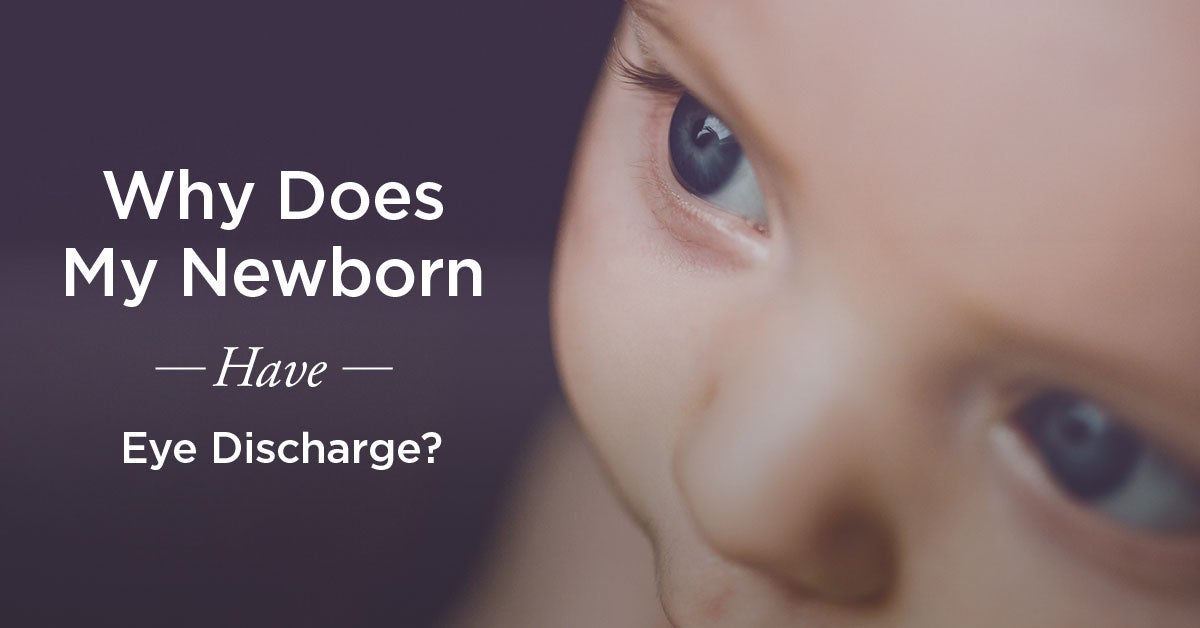Discharge From Infants Eye - Eye discharge often occurs due to a blocked tear. Seeing unexpected discharge in your newborn’s eyes can be alarming, but in most cases it’s simply the result of a clogged tear. Neonatal conjunctivitis, also called ophthalmia neonatorum, typically presents during the first four weeks of life. Eye discharge in toddlers and babies is common and usually harmless. Sticky eye discharge in newborns is very common.
Seeing unexpected discharge in your newborn’s eyes can be alarming, but in most cases it’s simply the result of a clogged tear. Neonatal conjunctivitis, also called ophthalmia neonatorum, typically presents during the first four weeks of life. Sticky eye discharge in newborns is very common. Eye discharge in toddlers and babies is common and usually harmless. Eye discharge often occurs due to a blocked tear.
Sticky eye discharge in newborns is very common. Seeing unexpected discharge in your newborn’s eyes can be alarming, but in most cases it’s simply the result of a clogged tear. Neonatal conjunctivitis, also called ophthalmia neonatorum, typically presents during the first four weeks of life. Eye discharge in toddlers and babies is common and usually harmless. Eye discharge often occurs due to a blocked tear.
Neonatal chlamydial conjunctivitis, showing a bloodstained discharge
Seeing unexpected discharge in your newborn’s eyes can be alarming, but in most cases it’s simply the result of a clogged tear. Neonatal conjunctivitis, also called ophthalmia neonatorum, typically presents during the first four weeks of life. Eye discharge in toddlers and babies is common and usually harmless. Sticky eye discharge in newborns is very common. Eye discharge often occurs.
Eye Discharge in Newborn Babies Causes and Treatment
Eye discharge often occurs due to a blocked tear. Seeing unexpected discharge in your newborn’s eyes can be alarming, but in most cases it’s simply the result of a clogged tear. Eye discharge in toddlers and babies is common and usually harmless. Sticky eye discharge in newborns is very common. Neonatal conjunctivitis, also called ophthalmia neonatorum, typically presents during the.
Acute Conjunctivitis & Discharge From Child's Eye Photograph by Dr P
Seeing unexpected discharge in your newborn’s eyes can be alarming, but in most cases it’s simply the result of a clogged tear. Sticky eye discharge in newborns is very common. Eye discharge in toddlers and babies is common and usually harmless. Eye discharge often occurs due to a blocked tear. Neonatal conjunctivitis, also called ophthalmia neonatorum, typically presents during the.
Conjunctivitis
Neonatal conjunctivitis, also called ophthalmia neonatorum, typically presents during the first four weeks of life. Seeing unexpected discharge in your newborn’s eyes can be alarming, but in most cases it’s simply the result of a clogged tear. Eye discharge often occurs due to a blocked tear. Sticky eye discharge in newborns is very common. Eye discharge in toddlers and babies.
Pinkeye — THE PEDIATRICIAN MOM
Neonatal conjunctivitis, also called ophthalmia neonatorum, typically presents during the first four weeks of life. Seeing unexpected discharge in your newborn’s eyes can be alarming, but in most cases it’s simply the result of a clogged tear. Eye discharge often occurs due to a blocked tear. Sticky eye discharge in newborns is very common. Eye discharge in toddlers and babies.
Is my baby's eyes infected? What is this sticky discharge? Dr Sridhar K
Seeing unexpected discharge in your newborn’s eyes can be alarming, but in most cases it’s simply the result of a clogged tear. Sticky eye discharge in newborns is very common. Eye discharge in toddlers and babies is common and usually harmless. Neonatal conjunctivitis, also called ophthalmia neonatorum, typically presents during the first four weeks of life. Eye discharge often occurs.
Baby Eye Discharge Archives TheraLife
Eye discharge often occurs due to a blocked tear. Seeing unexpected discharge in your newborn’s eyes can be alarming, but in most cases it’s simply the result of a clogged tear. Neonatal conjunctivitis, also called ophthalmia neonatorum, typically presents during the first four weeks of life. Eye discharge in toddlers and babies is common and usually harmless. Sticky eye discharge.
Baby suffering from conjunctivitis infection of the eye Stock Photo
Sticky eye discharge in newborns is very common. Seeing unexpected discharge in your newborn’s eyes can be alarming, but in most cases it’s simply the result of a clogged tear. Eye discharge in toddlers and babies is common and usually harmless. Neonatal conjunctivitis, also called ophthalmia neonatorum, typically presents during the first four weeks of life. Eye discharge often occurs.
2 Week Old Baby Eye Discharge
Neonatal conjunctivitis, also called ophthalmia neonatorum, typically presents during the first four weeks of life. Eye discharge in toddlers and babies is common and usually harmless. Eye discharge often occurs due to a blocked tear. Sticky eye discharge in newborns is very common. Seeing unexpected discharge in your newborn’s eyes can be alarming, but in most cases it’s simply the.
2 Week Old Baby Eye Discharge
Eye discharge in toddlers and babies is common and usually harmless. Seeing unexpected discharge in your newborn’s eyes can be alarming, but in most cases it’s simply the result of a clogged tear. Sticky eye discharge in newborns is very common. Eye discharge often occurs due to a blocked tear. Neonatal conjunctivitis, also called ophthalmia neonatorum, typically presents during the.
Eye Discharge Often Occurs Due To A Blocked Tear.
Eye discharge in toddlers and babies is common and usually harmless. Seeing unexpected discharge in your newborn’s eyes can be alarming, but in most cases it’s simply the result of a clogged tear. Sticky eye discharge in newborns is very common. Neonatal conjunctivitis, also called ophthalmia neonatorum, typically presents during the first four weeks of life.
